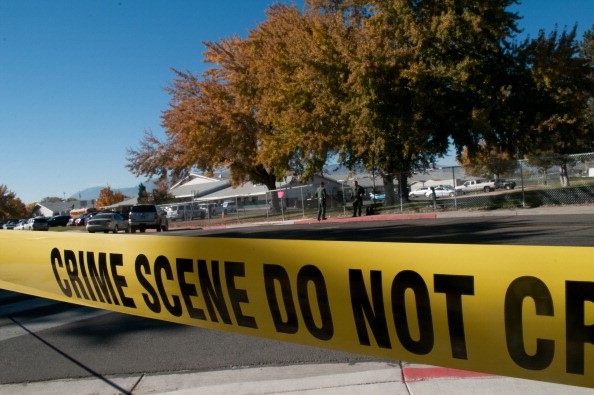
Although the idea of having our own Minority Report is still far-fetched, a new research suggests the strong connection between a low resting heart rate among teens and potential criminal behavior.
The Swedish study now published in JAMA Psychiatry aims to determine the predictive association between criminality, as well as injuries due to crimes, and the resting heart rate, which is the number of heartbeats per minute while at rest.
For the study, the team worked with the data of 710,000 men born between 1958 and 1991. They then identified those who were at least 18 years old and who had gone through a military conscription assessment where their resting heart rate and blood pressure were obtained. The period covered was between 1973 and 2009. They then compared the records of these men to the different Swedish crime registers to find out how many among them had been convicted or a crime or had suffered an injury or death due to assault.
Based on their study, about 139,000 men posted the highest resting heart rate while at least 132,000 belonged to the lowest quintile. Compared to the former group, the latter had around 39% chance of being convicted of violent crimes. The risk of a non-crime conviction, meanwhile, was at least 25%. They were also 39% more likely to suffer from assault injuries. Even if other factors such as the general condition of their heart are taken into consideration, the association still remained significant and high.
Interestingly, the study also points the strong association between criminal behavior and low blood pressure.
According to the authors, the link cannot be explained by other factors including socioeconomic, psychiatric, and physical. The study also doesn't answer why a low resting heart rate causes a man to become more violent, or establish a cause and effect. However, the authors theorized that the need to increase their physiological arousal is what drives them to do something illegal or dangerous.



